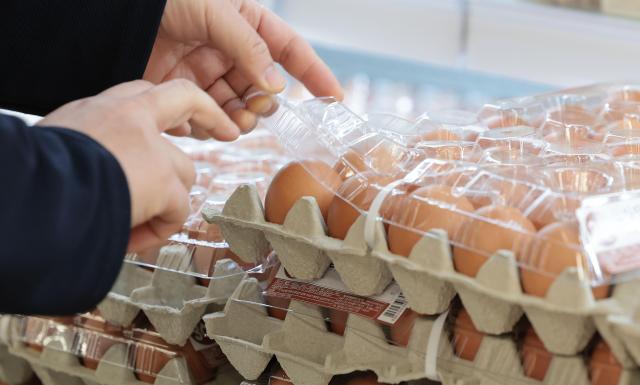
SEOUL, May 19 (AJP) - South Korea has suspended imports of poultry from Brazil following an outbreak of highly pathogenic avian influenza (HPAI) in the South American nation.
The suspension, which took effect for shipments departing Brazil on or after May 16, includes hatching eggs, table eggs, day-old chicks, poultry meat and related products, according to the Ministry of Agriculture, Food and Rural Affairs, Monday.
For shipments made after May 1 but before the ban's effective date, authorities will conduct avian influenza tests before granting entry. As of Sunday, 844 tons of Brazilian chicken across 37 shipments are awaiting inspection at South Korean ports.
Government officials played down immediate concerns, saying the incubation period for HPAI is unlikely to affect those shipments. “The short-term impact on domestic chicken supply and prices is expected to be limited,” the ministry said in a statement.
Ministry officials noted that suppliers generally keep a two-to-three-month inventory, which is expected to buffer against immediate price increases. Still, the ministry held an emergency meeting with importers and poultry processors on Sunday to explore alternative supply sources and assess global market conditions. The United States, Thailand, and China are being considered as possible substitutes for Brazilian chicken.
Officials also said they are reviewing the potential use of tariff quotas to stabilize prices and maintain supply.
“Discussions about implementing tariff quotas will only take place if supply disruptions and price increases persist beyond a certain threshold,” a ministry spokesperson said.
The government does not expect the ban to affect major franchise chicken restaurants, which primarily rely on domestically sourced poultry.
The suspension is more likely to impact institutional food services and some retail segments that depend on imported poultry for processed items such as wings, drumsticks and skewers.
The market remains watchful. During the 2017 “rotten chicken” scandal involving Brazil, domestic chicken prices rose 8 to 10 percent within a month.
“We will closely monitor market conditions in cooperation with industry stakeholders to avoid excessive reactions,” the ministry said, adding that increased domestic production could be encouraged if necessary.
Copyright ⓒ Aju Press All rights reserved.

